Managing Supply Chain Relationships
Course Purpose Interpreting organisational strategy to identify issues and focuses for relationship management. What you’ll learn Interpreting organisational strategy to identify issues and focuses for relationship management, analyzing the relationship between supply chain partners and effective contract management, cultivating and …
Overview
Course Purpose
Interpreting organisational strategy to identify issues and focuses for relationship management.
What you’ll learn
Interpreting organisational strategy to identify issues and focuses for relationship management, analyzing the relationship between supply chain partners and effective contract management, cultivating and sustaining positive customer relationships, and scrutinising ethical and professional issues in supplier and customer relations are critical aspects of strategic and ethical management in business relationships.
 Duration: 1 Day
Duration: 1 Day
Featured Course
Effective Interviewing and Employee
Course Curriculum
Curriculum
Curriculum
- 4 Sections
- 18 Lessons
- 1 Day
- Unit 1: Interpret the organisational strategy and identify the issues and focuses to be included in relationship management strategiesASSESSMENT CRITERIA4
- 1.1The overall business strategy of an organisation is interpreted to inform the development and strengthening of strategic supply chain partner relationships
- 1.2The importance of the various supply chain components is analysed to determine their effect on the business strategy
- 1.3Various internal and external stakeholders are identified to determine their role in the supply chain
- 1.4Key relationship issues that must be addressed are identified to optimise profit
- Unit 2: Analyse the relationship between supply chain partners and effective contract managementASSESSMENT CRITERIA5
- 2.1The need for better contracts management is analysed to ensure improved corporate governance
- 2.2The process that will facilitate effective contracting is examined to improve turn-around times
- 2.3Various processes and tools for contract management are evaluated to reflect the advantages and disadvantages of each
- 2.4Processes for the effective monitoring and controlling of supplier performance are assessed
- 2.5Additional approaches to improve supplier relationships are recommended to ensure optimal utilisation of supplier networks
- Unit 3: Build and maintain good customer relationshipsASSESSMENT CRITERIA5
- 3.1Ways in which suppliers can be assisted are discussed to reflect how they could maximise their effective contributions within the supply chain
- 3.2Practical processes for ensuring effective customer relationships within the supply chain are followed
- 3.3Service Level Agreements are produced and negotiated to reflect the interests of both the organisation and the customer
- 3.4Customer relationships are implemented through processes and strategies that facilitate the building and maintaining of effective long term relationships
- 3.5Internal and external customers are identified to determine activities required for building and maintaining relationships
- Unit 4: Analyse ethical and professional issues relating to supplier and customer relationsASSESSMENT CRITERIA4
- 4.1Ethical and professional dilemmas are interrogated and examined to ensure compliance to the Codes of Ethics
- 4.2Benchmarks regarding the establishment of policies and procedures are analysed to ensure ongoing ethical conduct
- 4.3Ethical and professional issues are examined to reflect their relationship to corporate governance and legal requirements
- 4.4Recommendations are made to reflect actions that will enhance relationships within ethical parameters
Requirements
- Grade 12
- NQF Level 4







